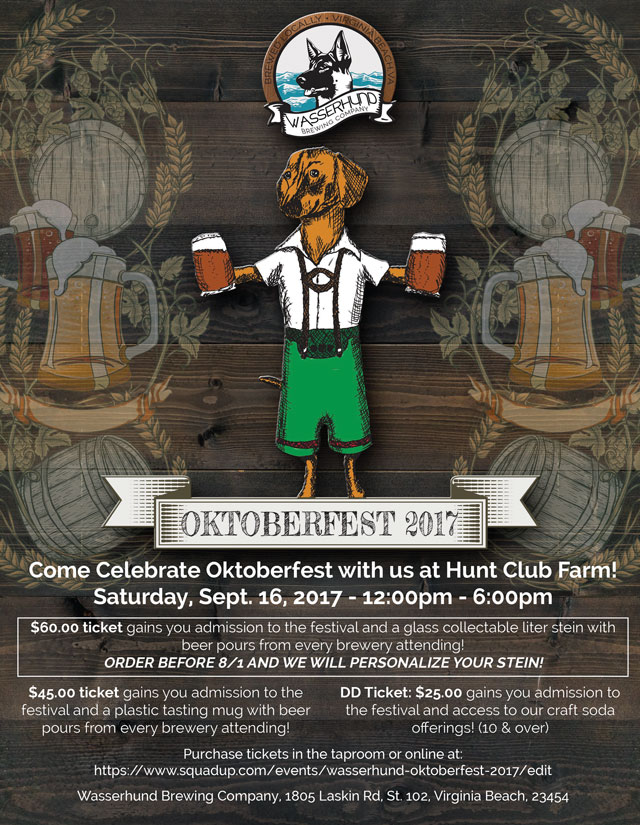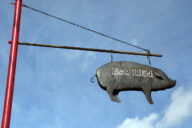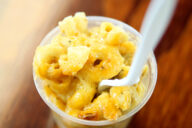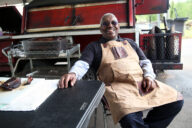Article by Debra Freeman
The Hampton Roads area has a rich legacy in melding a variety of cultures, and perhaps the most prominent example is through food. Barbecue expert and author John Shelton Reed once said, “I don’t think you can really understand the South if you don’t understand barbecue as a food, process, and event.” Taken a step further, one cannot understand the ways Hampton Roads natives are bound together if you don’t understand the interlocking and perhaps surprising ties we share when it comes to barbecue. Quite simply, barbecue as we know it actually came from the Tidewater region during the 17th century.
The evolution of barbecue is an interesting mix that has contributions from Native Americans, the early settlers, Africans, as well as early African American culture in the commonwealth, and specifically in our area according to Virginia Barbecue: A History, written by Joe Haynes. His book notes that Powhatan Indians would cook game over coals for hours, and the colonists shared instructions with them on how to cook meat on grills using vinegar, salt, pepper, and butter; Captain John Smith even wrote about how the Powhatan Indians at Jamestown would construct cooking apparatuses that were sticks raised above the ground on posts with forked tops.
————————————————————————————————————

Specializing in soups, bone broths, salads, smoothies, toasties, and pastries, The Stockpot in Virginia Beach sets itself apart with heathy comfort food. Visit them Monday through Saturday at 700 19th St. Suite #106 or learn more about them online at stockpotsoups.com
————————————————————————————————————
Frederick Douglass Opie writes in Hog and Hominy: Soul Food from Africa to America, that in 1619, the first enslaved Africans arrived in Jamestown and in Hampton, and as the demand for enslaved labor increased through the seventeenth and eighteenth centuries, African traditions began to seep into life in the colonies. In this area, West African slaves brought with them a culinary tradition of cooking in pits; women cooked most meat over an open pit, and prepared them with a sauce made from lime or lemon juice and hot peppers, a sauce that resembles what would come to be considered barbecue sauce in the nineteenth century.
In 1705, Robert Beverley, historian and Virginian wrote The History and Present State of Virginia, in Four Parts, and described the cooking method in this way; “They have two ways of Broyling, viz. one by laying the Meat itself upon the Coals, the other by laying it upon Sticks rais’d upon Forks at some distance above the live Coals, which heats more gently, and drys up the Gravy; this they, and we also from them, call Barbacuing.”
And as Michael W. Twitty, an African American culinary historian, notes in an article in The Guardian, “Over the course of time, enslaved African Americans began to refine the cooking style and seasonings that would be easily recognizable today. In colonial and antebellum North America, enslaved men became barbecue’s master chefs: woodcuts, cartoons, postcards and portraits from the period document the role that black chefs played in shaping this very American, and especially Southern staple. Working over pits in the ground covered in green wood – much as in West Africa or Jamaica – it was enslaved men and their descendants that innovated and refined regional barbecue traditions.” Naturally, as enslaved people moved throughout the South and sold from ports such as Norfolk down to other areas, barbecue traditions spread and took on regional forms, but its origins firmly remain in Virginia.
———————————————————————————————————–

Wasserhund Brewery Company presents the 2nd Annual Oktoberfest Event for all of Coastal Virginia and beyond on September 16th from noon till 6pm at Hunt Club Farms. This event will serve as the quintessential Oktoberfest for our area featuring over 20 breweries, traditional German food and fair, festival rides, and so much more. For more info click the flier above or visit squadup.com/events/wasserhund-oktoberfest-2017
———————————————————————————————————–
From the Tidewater area, the practice of barbecuing expanded throughout the state. As far back as the seventeenth century, barbecue has been a common staple at Virginia festivals, and in the mid 18th-century, outdoor barbecues had become an important event in Old Dominion society. George Washington references barbecues throughout his letters and diaries; in 1769, he “went up to Alexandria to a barbecue and stayed all night” and in 1773 he “went to a barbecue of my own giving.” Several other visitors described the gatherings in writing as unique events that were specific to Virginia.
As Virginians migrated south into the Carolinas, Georgia, Tennessee, and Alabama, they took their barbecue traditions with them, and it is common to see references spread throughout the country in 19th century newspapers to “old-fashioned Virginia barbecues.” There are several examples which make mention of Virginia barbecue; as early as 1825, Americans considered Virginia to be barbecue’s “original habitat.” According to nineteenth-century authors, barbecue is “an Old Dominion Institution,” “one of the ancient and honorable institutions of Virginia,” and a “rural entertainment” that was “so frequent among the country people of Virginia.” James Hammond Trumbull, a 19th century scholar wrote that barbecue is a “Virginian word”, while another writer opines, “A hog barbecued is a West Indian and Old Virginian term.”
Throughout the years, the connection between Virginia and barbecue has been lost; even in our own state there is no real consensus on what Virginia barbecue is; in the Tidewater area, sauces are tomato and vinegar based, the Piedmont region is a tomato sauce usually with cloves, sassafras and ginger, in Northern Virginia the sauces are sweeter, and in the mountain region a vinegar sauce with herbs is most common. But what we can all agree on is that while other areas throughout the country have their own spin on barbecue, here in the commonwealth, and more specifically in the Tidewater region, we created it.







No Comments